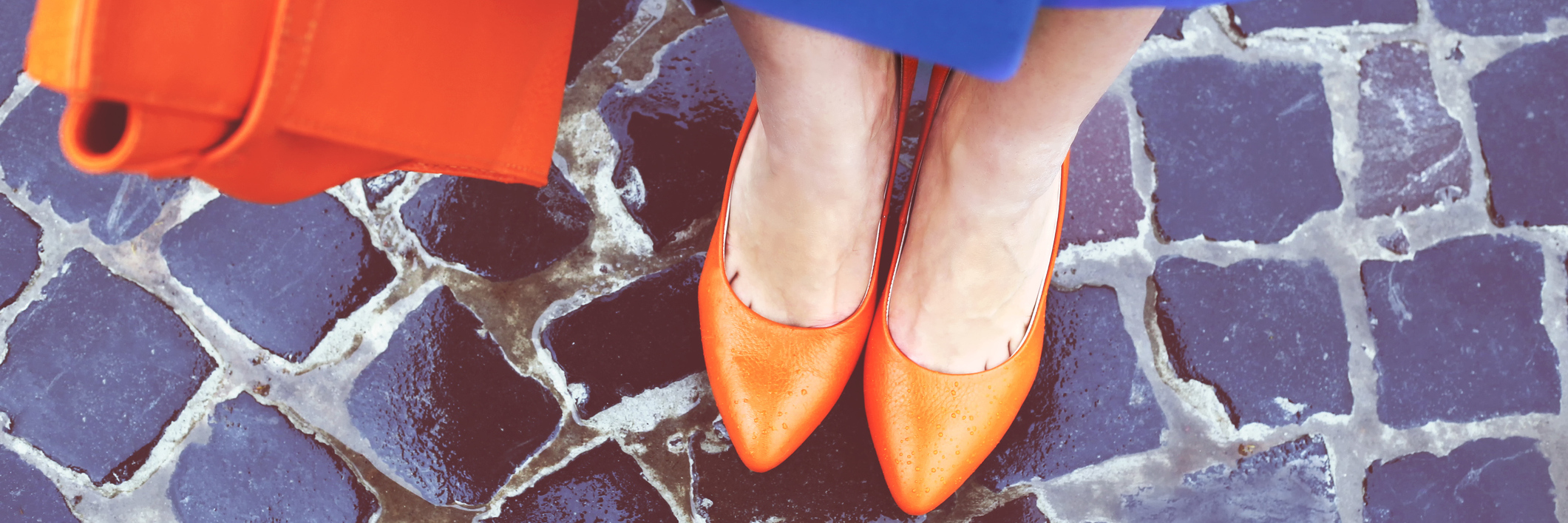When I decided to go back to work after being off on mental health leave for seven months, I was terrified. Not only because I was worried about the stigma around my mental illness, but because at the time I had gone from dealing with mania for months to battling severe depression.
My days were spent in my house. Sweat pants and a big baggy sweater, no shower for days, no make-up, staring at the television, sometimes eating too much food or eating nothing at all, laying in my bed, to laying on the couch, smoking too much weed thinking it might make me feel better, not answering texts or phone calls, not leaving the house for days. I would disconnected from the world as if it didn’t exist.
It was a dark time. With my new diagnosis and the depression, I felt completely and utterly numb. I didn’t feel like I was alive. I couldn’t relate to friends or family. I didn’t feel excited or disappointed. I felt absolutely nothing.
It was like the world had been this beautiful, colorful, bright and happy place one day, and the next day I woke up to a world void of color and life.
I would hide out in my bathroom staring at myself in the mirror for what felt like hours because I just didn’t recognize the person staring at me. During the mania I felt like the most amazing, creative, beautiful, smart, fit and funny person in the room. The person that was looking back at me in the mirror now was none of those things. She looked sad, tired, pale and unhealthy. This pretty much always led to me on the bathroom floor crying, wanting to go back into old habits and self-harm to feel anything at all other than numb. In those moments I would wonder if I would make it to the next day, and as I went to sleep at night I would hope that I wouldn’t wake up. And when I did wake up I would just close my eyes and hope to be asleep again.
I started to distance myself from everyone because I couldn’t stand to constantly tell them how bad I was really feeling.
Well one day I realized that if I wanted to feel better, I had to start surrounding myself with others who were positive, uplifting and supportive. That is when I decided it was time to go back to work.
Trust me, it wasn’t easy and I was terrified. Going from sleeping 15 hours a day, being high most of that day, only talking to my dog and wearing nothing but sweats meant I had a lot adjusting to do.
That first day walking to the bus stop at 8 a.m. – I was terrified. I was nervous about the stigma behind mental illness, I was nervous I wouldn’t be accepted back into the work family and I was nervous what everyone would think when they saw me. All of the articles I read, and the research I had done to prepare myself for my first day back after a mental health leave was completely wrong.
As I walked into the office, I was greeted by smiles, hugs and words of encouragement. It was a huge relief, and made the first day back much easier. I started on a part-time basis. I would recommend anyone who has been on leave for a long period of time to do just that. I eased my way into full-time work and it was the best thing I could have done. It wasn’t automatic, the depression was still very much there. For the first few months coming home after work I was exhausted and miserable. Having used up all of my energy during the day, I would literally go home to lay on my couch for the night. Weekends were non-existent as I would be so tired from the week at work and I would sleep the entire day. I still had a lot of trouble communicating with others most of the time. All you would get out of me was a “yes” or “no.” It made for a few awkward situations and I was finding it hard to relate to old friends.
Here I am though. Five months have gone by and I am a different person from when I started. Yes, I still struggle and yes, I am still going through the ups and downs, but now my life has meaning again. I wake up and genuinely am excited to get to work and be surrounded by truly amazing people. I finish work even more excited to go back home and walk my beautiful dog with good friends. I am working out in a gym again — something I used to be so passionate about. I have started writing again — something I thought for sure was impossible. I spend my weekends exploring Ottawa.
Life with bipolar 2 and borderline personality disorder is hard. Actually it’s exhausting, but I now know it doesn’t mean it has to be the end. No — it’s more of a new beginning.
Follow this journey on Alexandra’s site.
If you or someone you know needs help, visit our suicide prevention resources page.
If you need support right now, call the National Suicide Prevention Lifeline at 1-800-273-8255, the Trevor Project at 1-866-488-7386 or text “HOME” to 741-741. Head here for a list of crisis centers around the world.
We want to hear your story. Become a Mighty contributor here.
Thinkstock photo via flil

